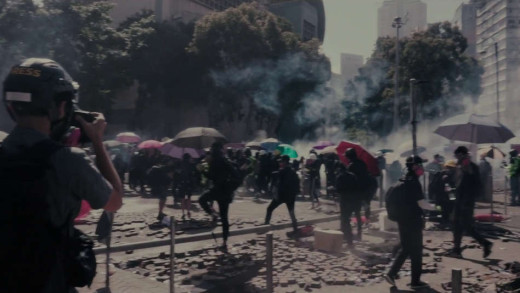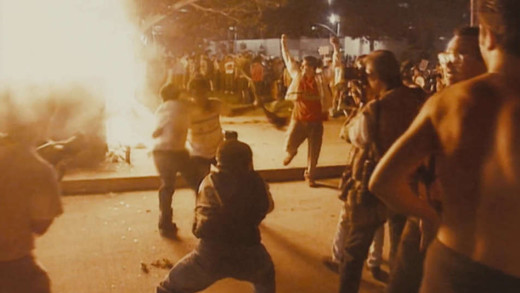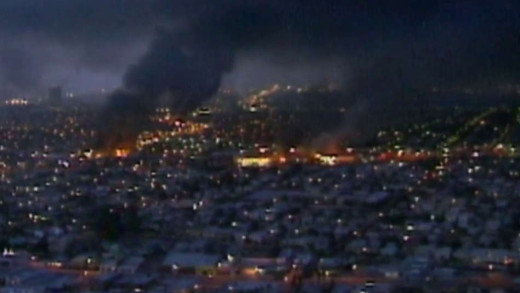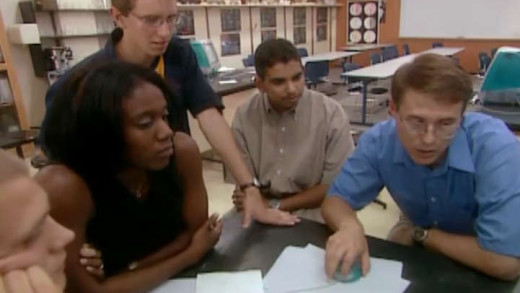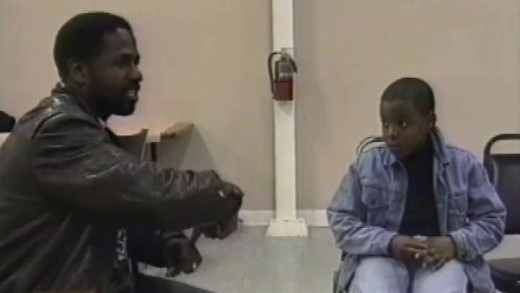Misogyny is rampant in this culture, and corporations capitalise on making women hate their bodies. Indeed all aspects of womanhood are commodified, hypersexualised, and squeezed into gender stereotypes. Being female comes at a cost. So it's no wonder that young people growing up can feel horrible about themselves and their bodies, and further feel confused about what it means to be a woman in today's world. Into this perfect storm steps queer theory, an ideology born in the 1990s, that tells people that all the confusing feelings they may experience about the world they live in can be fixed not by changing the world, but by changing themselves. The past decade has seen a steep rise in the number of young girls seeking to alter their bodies by undergoing life threatening, irreversible procedures. Dysphoric is a series that explores this concept of gender transition, told through the voices of clinicians, psychiatrists, sociologists, feminists, academics, detransitioners, and concerned citizens and parents. The series also discusses the permanent medical side-effects of hormones and surgeries, the propaganda of corporations that glorify thousands of stereotypical gender presentations coalesced as fashion, the surge in pronoun policing, censorship and the curtailment of speech, language hijacking that calls women "menstruators," and the many other hurdles women face while trying to question this modern-day misogyny.
During the 2019–2020 Hong Kong protests, after 6 months of ongoing actions, and with protesters facing escalating stakes from police shootings and other violent repression, students began to fortify a number of the city's major universities and occupy vital roads nearby. This lead to a peak moment in the protest movement--the siege of the Hong Kong Polytechnic University. Protesters gathered at the university to defend their roadblocks, while the police shot tear gas and used water cannons to shower the protesters with water containing blue colouring and chemical irritants. 1,458 canisters of tear gas were fired at protesters, as well as 1,391 rubber bullets, 325 bean bag rounds, and 256 sponge grenades. The city's hospitals were overwhelmed by the number of protesters needing urgent medical attention. Burn with Us documents a first-hand view of the conflict, and its results, in a fly-on-the-wall style.
Consisting entirely of archival footage, LA '92 chronicles the 1992 Los Angeles riots, 25 years after they have passed. It includes film and video from the 1965 Watts Riots, the 1973 election of Tom Bradley, the 1978 promotion of Daryl Gates to Chief of LA Police, the shooting of Latasha Harlins, the Rodney King videotape, and the subsequent riots and violence that erupted after the acquittal of the officers involved in King's beating.
Let It Fall: Los Angeles 1982–1992 is a deep examination of a tumultuous decade in the city of Los Angeles, United States, leading up to the events of April 29, 1992, when the verdict was announced in the Rodney King case. The film traverses the conflicts between law enforcement and the black community to look at tensions across the city as a whole, and traces the roots of civil unrest to a decade before uprisings, as told through interviews with eyewitnesses and people directly involved in the events from diverse neighbourhoods across the city, including black, white, Hispanic, Korean, and Japanese Americans.
Race: The Power of an Illusion is a three-part series that investigates the idea of race in society, science and history. It navigates through myths and misconceptions, and scrutinises some of the assumptions that are taken for granted. The division of people into distinct categories--"white," "black," "yellow," "red," and so on--has become so widely espoused and so deeply rooted, that most people do not think to question its veracity. This series challenges the myth of race as biology, and traces its notions to the 19th century, demonstrating how race has a continuing negative impact through institutions and social policies.
I Am A Man is a film that links everyday black men from various socioeconomic backgrounds with some of Black America's most progressive academics, social critics and authors to provide an engaging, candid dialogue on black masculine identity in North American culture.

